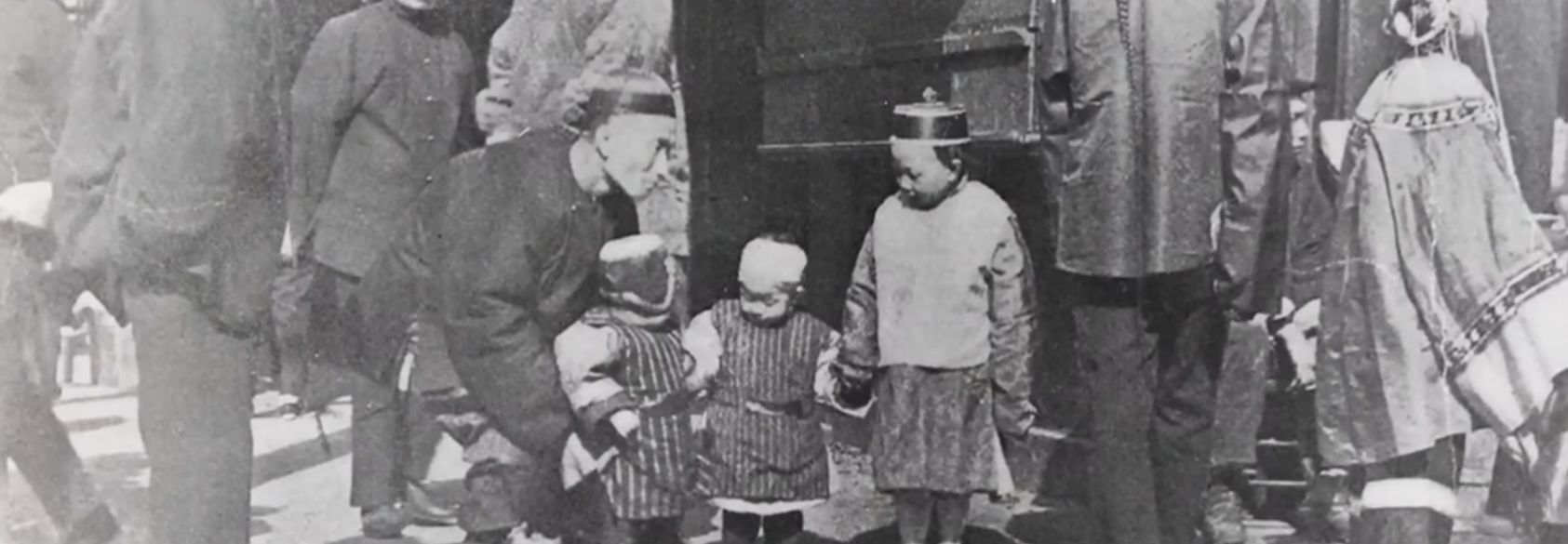The Legacy of Birthright Citizenship in The U.S.
Ask students: What does the executive order issued by the Trump administration say about birthright citizenship?

Share
February 12, 2025
Ask students: What does the executive order issued by the Trump administration say about birthright citizenship?
Share
On his first day in office, President Donald Trump signed an executive order to end universal birthright citizenship and limit it at birth to people with at least one parent who is a permanent resident or citizen. A federal judge put the order on hold, but if upheld, Trump’s move could upend a 120-year Supreme Court precedent. Stephanie Sy reports on the history and legacy of that case.
View the transcript of the story.
Read through the Fourteenth Amendment. Then discuss as a class — how has this amendment shaped life in the United States since its passing? Other than the example of Wong Kim Ark, when in the past has the Fourteenth Amendment been ignored by state officials and legislatures?
Teachers — you may want to assign students a research question as homework: have them identify and describe a Supreme Court decision that established who was considered a U.S. citizen, who was not and what rights were associated with citizenship.
For the latest on the Trump administration's attempts to overturn established rules of birthright citizenship, see these stories. For more on birthright citizenship, check out the following video.
Republished with permission from PBS NewsHour Classroom.
